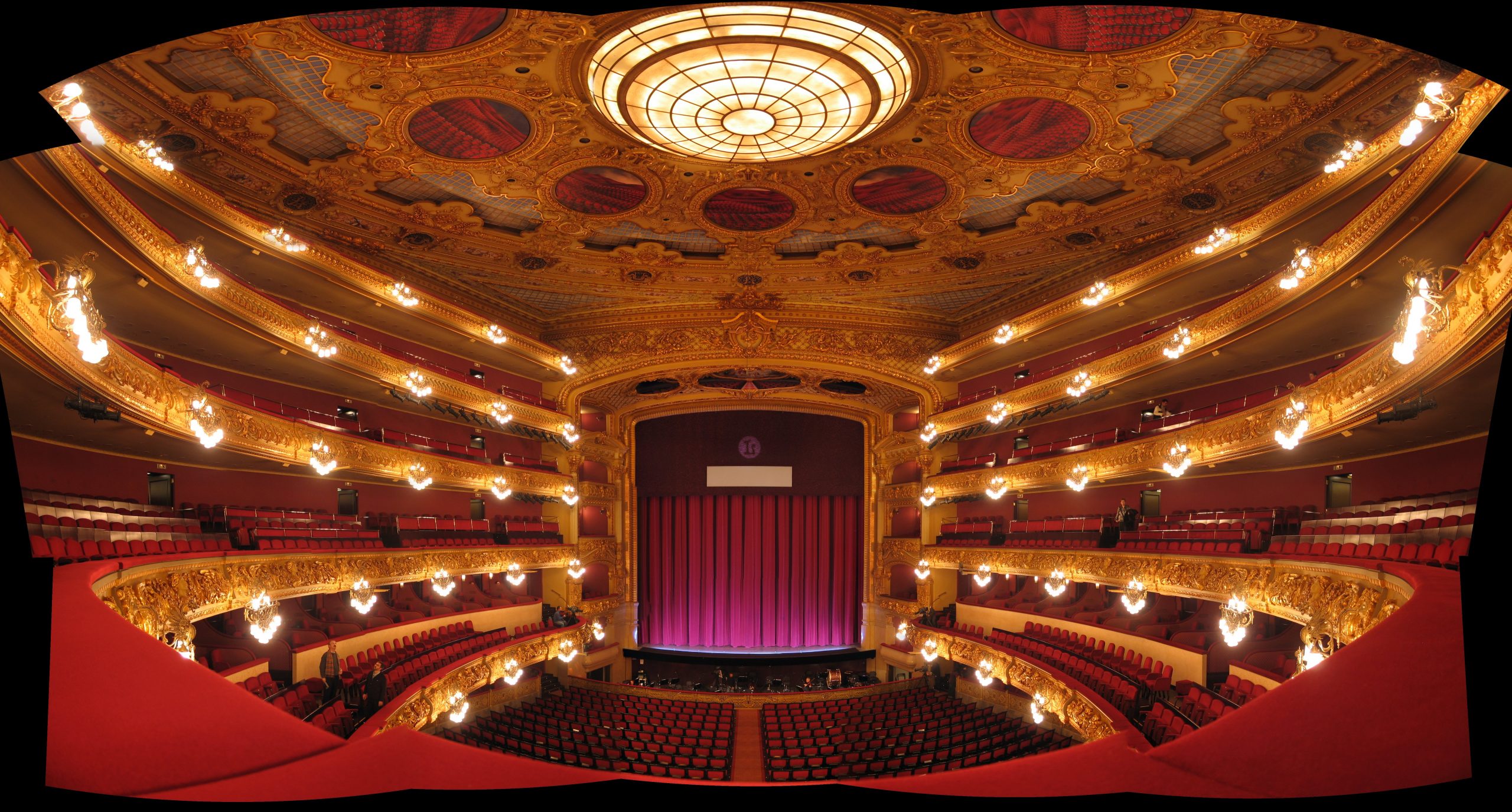We all had our roles to play in the pandemic. Regrettably, I was cast as a Pollock Fresher, navigating a character arc marked by fines and unruly behaviour within those fated halls. Even now, the mere proximity to that side of town induces a lingering anxiety, as I’m sure many of my peers will understand. There is no doubt that Covid-19’s influence will cast its shadow over us for years to come. Yet there is a blissful paradox that fascinates me: amid the hardships of 2020, the theatre industry, arguably one of the most affected, has now undergone a breathtaking renaissance, rendering it almost unrecognisable. The question that remains: how has it managed to recover with such extraordinary force?
The answer is, of course, that theatre is addictive. It invokes an insatiable hunger for dynamism, the beating pulse of it all irresistible for the hordes of aesthetes and thespians eagerly waiting behind stage doors. However, take a break long enough for the pandemic to unfold and then recede, and that addiction morphs into a deep-seated craving – a burning longing for performance. This epiphany dawned on me in Barcelona where I spent my third year, marking the beginning of my involvement with this exciting resurgence.
Barcelona is famously a haven for us Brits. The streets reverberate with bad Spanglish and a cacophony of loud, sunburnt holiday makers. But at the core of noise lies a concealed treasure, and I don’t mean patatas bravas, but rather the enchanting sanctuary of the Expat theatre scene. To these individuals, theatre means everything, and performing in their mother tongue in a city that perhaps still feels far away from home, is a source of paramount euphoria. Therefore, following the pandemic’s disruption of this bliss, it’s unsurprising that its resurgence was met with such enthusiasm.
In Act 1, the pandemic ruthlessly trampled theatre companies all over Catalonia. They fell like dominos, their demise a fading waltz of dwindling hope as Europe’s stages shut down.
Act 2 followed artists locked inside all over Europe, navigating Zoom masquerades and reciting soliloquies on Teams from their bedrooms. Next came a quiet interval. Then Act 3 opens with tremendous force, and all at once the captivating symphony of the World stage springs back to life. Within this rebirth a new, fresher appreciation of theatre surfaced. The once persistent hunger now becomes an insatiable thirst. I count myself truly lucky to have been part of this.
The show I directed out in Barcelona was nothing out of the ordinary- a comedy, translated from the French, about a man murdering his wife’s lover. Unbeknownst to me at the time, it marked a significant moment: it was one of the first shows to be performed after the pandemic in the city. This was a time of genuine excitement, gone were the days of stiff-upper-lip competition between rival shows. People fed off each other’s enthusiasm in this new age of collective enjoyment that they were here, once again, on the stage that had been almost taken away.
Returning to Edinburgh, a similar atmosphere greets me. This new age of theatre has connected us, the global audience, in ways that previous years may have overlooked. There have been some fantastic plays this semester, and one crucial thing I noticed is how intoxicating the general support is. I experienced this first-hand with my play Eleanor – the overwhelming sense of encouragement was genuinely uplifting. Yet perhaps this is just wishful thinking, and instead, it is just the polite nature of student theatre. But I prefer to hold on to the belief that there exists a shared sense of relief – a mutual acknowledgement that these stages have endured the tumult, and thus the show must go on.
“Gran Teatre del Liceu, Barcelona, Hugin panorama (stereographic)” by sfer is licensed under CC BY-NC-SA 2.0.

